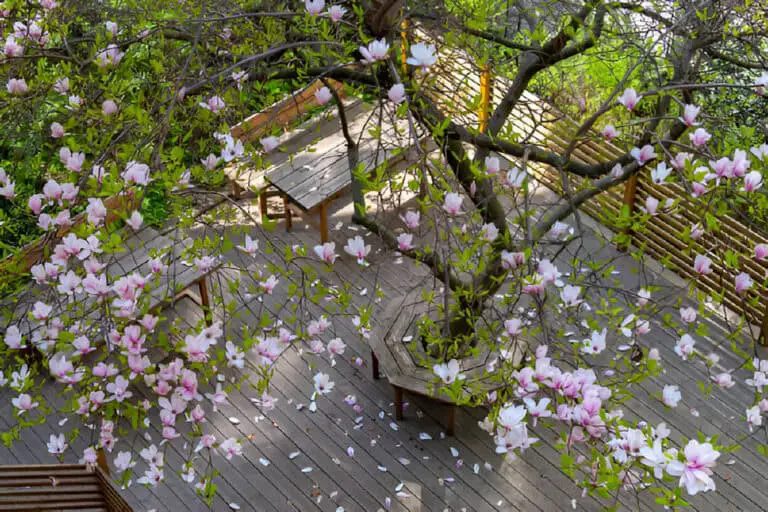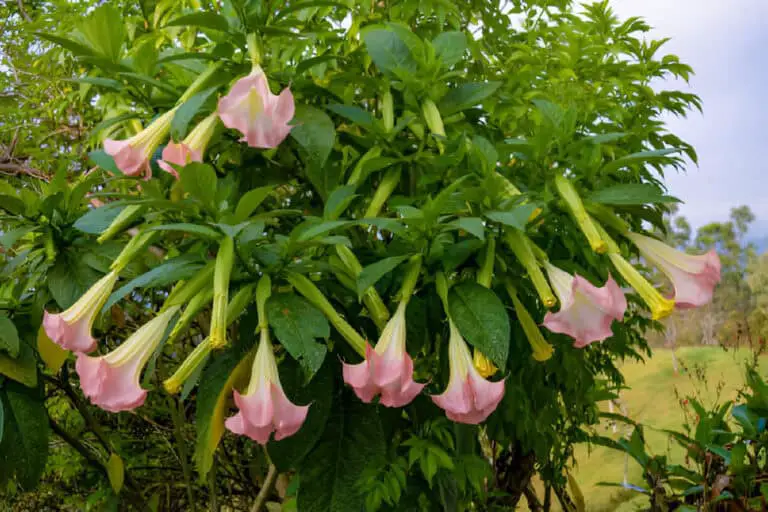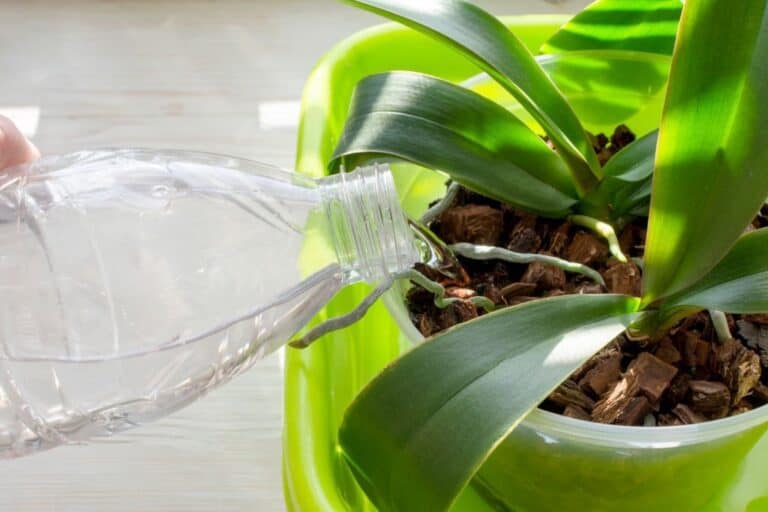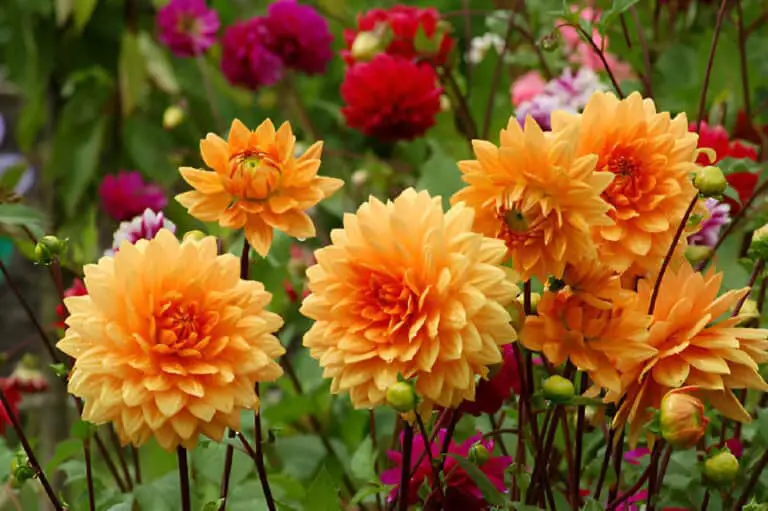Are Blueberry Bushes Self Pollinating? How to Hand-Pollinate Blueberry Bush Plant
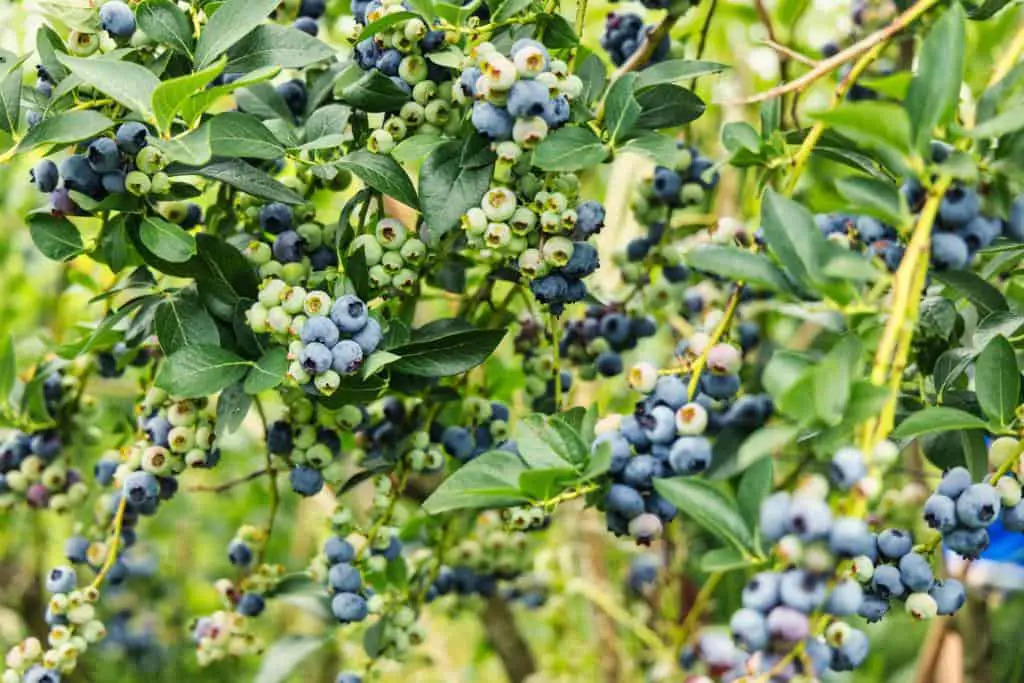
Blueberry bushes, with their delectable berries, are a delightful addition to any garden. I am a berry enthusiast. I found myself knee-deep in the world of blueberry bushes, pondering a question. It seemed to linger in the air: Are these bushes self-pollinating wonders, or do they need a little matchmaking?
Most blueberry varieties are self-pollinating, but they produce better yields with cross-pollination.
Join me on this berry-infused journey as we unravel the mysteries of blueberry bush pollination. We’ll explore the self-pollinating marvels that thrive independently. We will explore hand-pollination for romantics—sometimes even plants need a helping hand in love.
Whether you’re an experienced gardener or just starting out, let’s demystify the secrets of blueberry bushes. We’ll uncover the tasty path to a fruitful harvest.
What Are Blueberry Bushes?
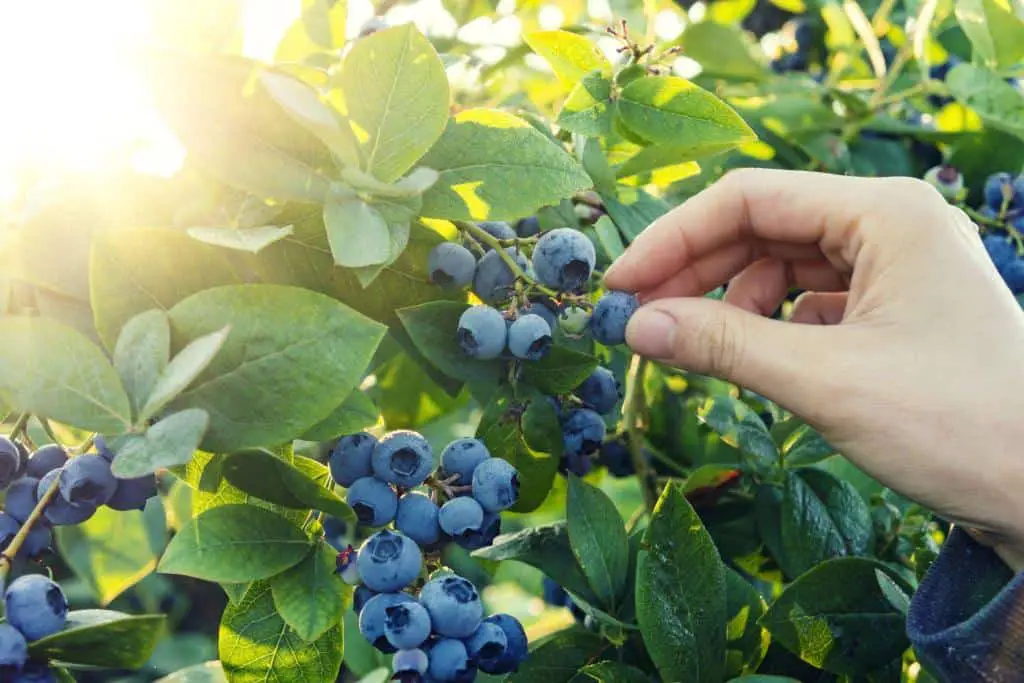
Blueberry bushes are charming additions to any garden. They belong to the Vaccinium genus, which includes many species and cultivars. These deciduous shrubs boast delicate, elliptical leaves and clusters of small, round berries. Before we delve into blueberry bush pollination, let’s understand the plant’s basics. They set the foundation.
Common Blueberry Varieties
| Variety | Characteristics |
| Highbush | Tall, upright bushes with abundant fruit clusters. |
| Lowbush | Compact, spreading bushes suitable for ground cover. |
| Rabbiteye | Resilient, heat-tolerant bushes with larger berries. |
Growing Conditions
Blueberry bushes thrive in well-drained, acidic soil with a pH between 4.0 and 5.0. They prefer full sunlight but can tolerate partial shade. Adequate moisture is crucial, especially during fruit development.
Seasonal Changes:
| Season | Blueberry Bush Characteristics |
| Spring | Blooming with white or pink flowers |
| Summer | Fruiting stage, with green berries maturing to blue. |
| Fall | Foliage turns vibrant shades of red, orange, or purple. |
| Winter | Dormant stage with bare branches |
Knowing what blueberry bushes are and their varieties helps gardening. This applies whether for their berries or for their looks.
Are Blueberry Bushes Self Pollinating?
Some blueberry bushes self-pollinate. They turn your garden into a berry paradise without complex pollination. These varieties bring a sense of independence and simplicity to your cultivation journey.
Here are some notable self-pollinating blueberry varieties:
| Variety | Characteristics |
| ‘Sunshine Blue’ | Compact and ideal for small gardens. |
| ‘Top Hat’ | Dwarf variety suitable for containers. |
| ‘Pink Lemonade’ | Unique pink berries and self-pollinating. |
| ‘Jelly Bean’ | Low-chill variety for warmer climates. |
These varieties offer many delicious berries. They also simplify cultivation. They are perfect for both beginners and seasoned gardeners.
Advantages of Self-Fertile Blueberry Plants:
- Solo Performance: Thrive and produce fruit on their own.
- Space Efficiency: Ideal for smaller gardens or container cultivation.
- Consistent Harvest: Reliable fruiting without the complexities of cross-pollination.
The Role of Cross-Pollination
Not all blueberry bushes are self-pollinating. For those that require cross-pollination, planting multiple bushes of different varieties is essential. This promotes the exchange of pollen between plants, resulting in increased fruit production.
Pollination Requirements for Blueberries
To ensure a successful harvest, consider the following factors:
- Planting Distances: Space blueberry bushes at the recommended distances. This will give them good airflow and pollination.
- Variety Compatibility: Select varieties that are compatible for cross-pollination. Check with your local nursery for expert advice.
- Timing is Key: Blueberry bushes flower in spring, and proper timing is crucial for effective pollination. Ensure that your bushes bloom simultaneously for the best results.
How to Hand-Pollinate Blueberry Bush Plant
Cross-pollination is hard in some situations. For such cases, or for varieties that benefit, hand-pollination can be a game-changer.
Step-by-Step Guide to Hand-Pollination
1. Gather Your Tools:
Equip yourself with the essentials – a small, soft brush or a gentle cotton swab. These tools will delicately carry out the intricate task of transferring pollen from one flower to another.
2. Choose the Right Moment:
Timing is key. Hand-pollination works best when your blueberry bushes exhibit signs of poor fruit set. Look for flowers that are open and ready for pollination, ensuring you catch them at the peak of their bloom.
3. Delicate Pollen Transfer:
With your chosen tool, carefully collect pollen from the stamens of an open flower. Then, transfer this precious pollen to the stigma of another flower. It’s a gentle dance that mimics the natural pollination process.
4. Repeat the Ritual:
As your blueberry bushes continue to bloom, repeat the hand-pollination process for each new flower. This ensures thorough pollination and maximizes the chances of a bountiful harvest.
Follow these simple yet crucial steps. They make you the maestro of your blueberry garden. You will conduct the symphony of pollination. It sets the stage for a delicious harvest. Happy pollinating!
When to Hand-Pollinate
Hand-pollination is most effective when:
- Blueberry bushes show a poor fruit set.
- Unfavorable weather conditions hinder natural pollination.
- Limited pollinators are present in the area.
Optimal Conditions for Blueberry Bushes Hand-Pollination
Hand-pollinating blueberry bushes requires creating the best conditions. It’s like setting the stage for a plant love story. Picture this: a sunlit garden, buzzing with the promise of plump berries. To make this vision a reality, let’s delve into the key elements that lay the foundation for successful hand-pollination:
1. Timing is Everything:
Hand-pollination works best when blueberry bushes show signs of poor fruit set. Keep an eye on your plants, and when nature seems to need a nudge, that’s your cue.
2. Gather Your Tools:
Equip yourself with a small, soft brush or a delicate cotton swab. These gentle tools will aid in collecting and transferring pollen without harming the delicate blossoms.
3. Select the Right Flowers:
Choose flowers that are open and ready for pollination. Observe the bloom cycle of your blueberry bushes, ensuring you catch them at the right moment.
4. Gentle Application:
With your chosen tool, delicately transfer pollen from the stamens of one flower to the stigma of another. Repeat this process across various flowers for thorough pollination.
Creating these perfect conditions for hand-pollination ensures a big harvest. It also adds a touch of hands-on care to your gardening adventure. So, step into your garden, brush in hand, and let the pollination magic unfold.
Conclusion: Cultivating a Bountiful Blueberry Harvest
In conclusion, whether your blueberry bushes self-pollinate or need cross-pollination. Understanding their unique needs is the key to a good harvest. Picking the right varieties is key. You must consider their pollination needs. And, if needed, use hand-pollination. This will ensure a thriving blueberry garden. So, start this tasty journey. Try different types. Enjoy the sweet rewards of homegrown blueberries in your garden. Happy harvesting!
FAQs
Can weather conditions affect blueberry bush pollination?
Yes, adverse weather conditions like rain or strong winds can hinder natural pollination. In such cases, hand-pollination methods can be employed to ensure successful fertilization.
Are there specific pollination requirements for blueberries?
Yes, blueberries have specific pollination needs. They need pollinators like bees. Understanding these requirements is crucial for maximizing fruit set and overall plant health.
How do I choose the right self-pollinating blueberry variety?
When selecting a self-pollinating blueberry variety, consider factors such as climate compatibility and the availability of cross-pollinators nearby. Some self-pollinating varieties may still benefit from cross-pollination for optimal yield.
Are all blueberry bushes self-pollinating?
No, not all blueberry bushes are self-pollinating. Some varieties require cross-pollination with another compatible bush to produce fruit.
How do I know if my blueberry bush is self-pollinating?
Look for signs like consistent fruit production without nearby bushes. However, some self-pollinating varieties may benefit from cross-pollination for increased yield.
What pollination issues can affect blueberry plants?
Common pollination issues include: too few pollinators, bad weather, and sick plants. Hand-pollination techniques can be employed to address these issues and enhance fruit production.


